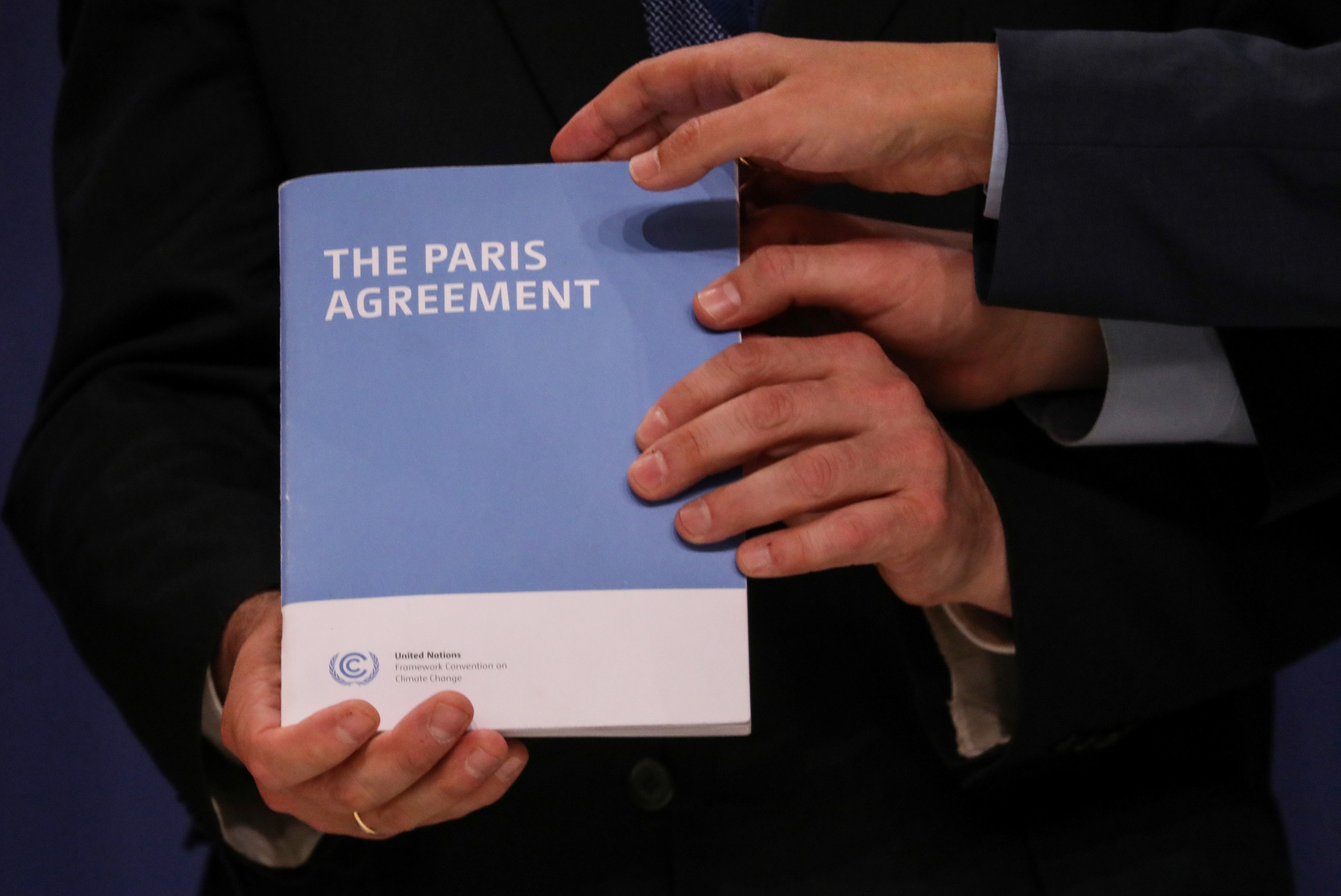
America's Environmental Diplomacy: Navigating the Complexities of National Interests and Global Agreements
Environmental diplomacy presents a delicate balance for nations: reconciling national priorities with the imperative of global environmental protection. The United States, as a significant global actor, faces this challenge head-on. This trending news will critically examine the complexities of America's environmental diplomacy, exploring the interplay between national interests and international cooperation in shaping environmental policies.
National Interests and Environmental Priorities
National interests encompass a range of factors, including economic growth, energy security, and social welfare. Environmental policies, in turn, can have significant implications for these interests. For the United States, concerns about job losses, competitiveness, and energy availability have sometimes taken precedence over ambitious environmental targets. This dynamic has been evident in discussions on climate change mitigation and the transition to renewable energy.
International Cooperation and Global Agreements
Environmental challenges transcend national borders, necessitating international cooperation and global agreements. The United States has played a pivotal role in developing and negotiating such agreements, including the Paris Agreement on climate change and the Montreal Protocol on ozone-depleting substances. However, the country's participation in these agreements often hinges on perceived compatibility with national interests.
Case Studies: The Paris Agreement and the Kyoto Protocol
The Paris Agreement, adopted in 2015, aims to keep global warming well below 2°C above pre-industrial levels. The United States initially joined the agreement but withdrew in 2017, citing concerns about its potential impact on American jobs and economic competitiveness. Following a change in administration, the United States rejoined the agreement in 2021.
The Kyoto Protocol, adopted in 1997, set binding emission reduction targets for developed countries. The United States signed the protocol but never ratified it, due to concerns about its economic consequences and the absence of commitments from major developing economies like China and India.
Perspectives and Criticisms
Environmentalists and climate activists have criticized the United States for prioritizing national interests over environmental protection. They argue that America's withdrawal from the Paris Agreement sent a negative signal to the global community and undermined efforts to address climate change. Conversely, some commentators contend that the United States has a right to put its national interests first, especially when economic well-being is at stake.
Balancing National and Global Interests
Striking a balance between national interests and global environmental concerns is no easy task. Critics argue that the United States has often erred on the side of caution, putting domestic priorities ahead of international cooperation. However, it is important to recognize that environmental diplomacy requires a pragmatic approach, carefully weighing the potential benefits and risks of different policy choices.
Conclusion
America's environmental diplomacy reflects the complex interplay between national interests and global environmental protection. The United States has played a significant role in shaping international agreements, but its participation has been influenced by concerns about economic competitiveness and domestic priorities. Balancing these interests effectively requires a nuanced understanding of environmental challenges, a commitment to international cooperation, and a willingness to compromise when necessary. As environmental issues continue to rise in prominence, the United States will face ongoing challenges in navigating this complex terrain.

Post a Comment